Study structure
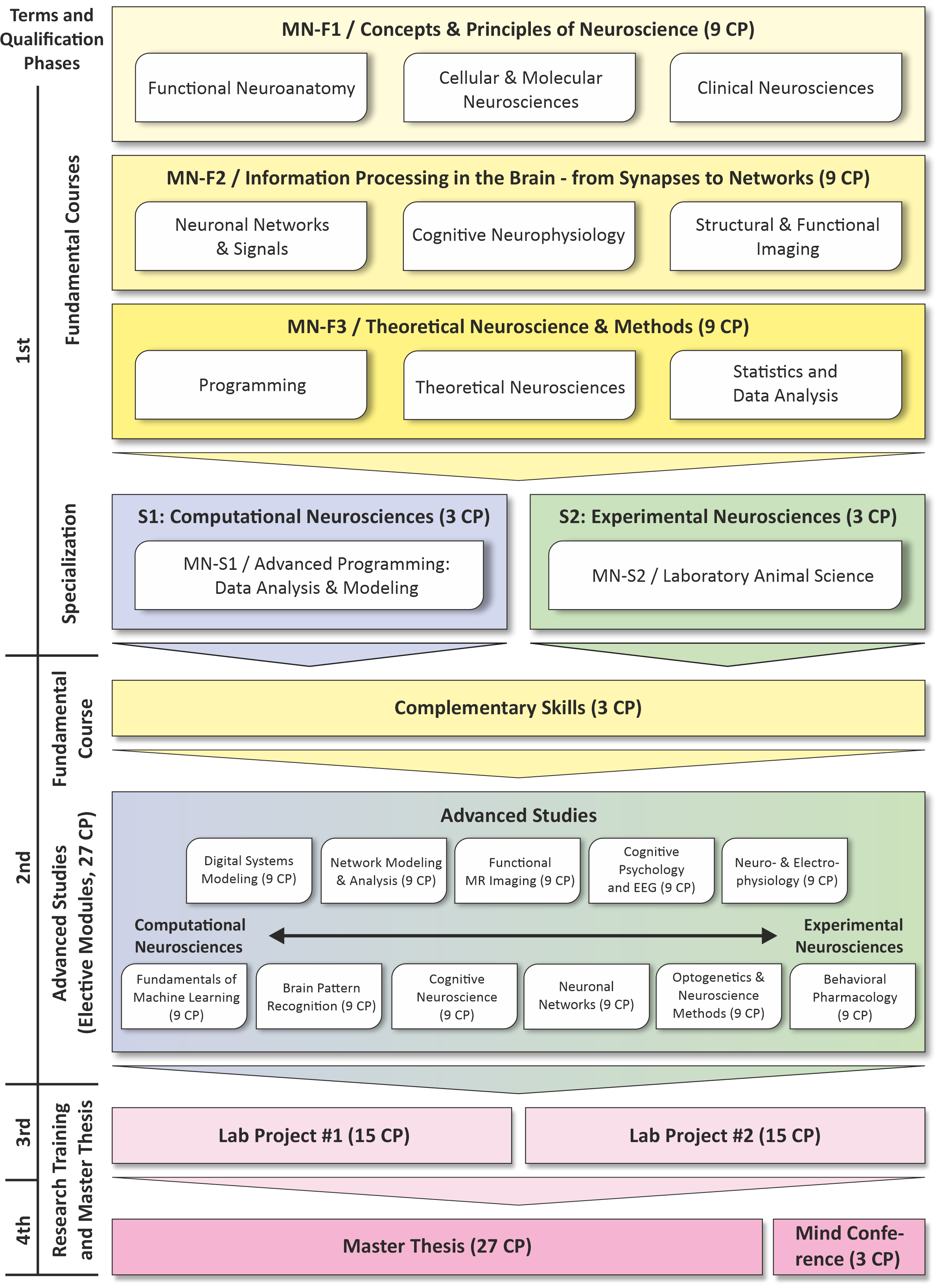
Facts & Figures
Duration: 2-year-program
Credits per year: 60
Language of instruction: English
Accreditation/ Evaluation: until September 30, 2030
according to the system accreditation of the University of Bremen by AAQ Swiss agency of accreditation and quality assurance.
Formalities
Subject-specific master examination regulations (in English, not legally binding)
General master examination regulations from January 2022; in German only
Downloads
Master's Program Neurosciences for Summer Term 2024
File name: MT_Module_Guide_for_the_Master_s_Program_Neurosciences_new_29206_3_en-1.pdfLast update: 08.04.2024Class Schedule Summer Term 2025
File name: Schedule_MScNeurosciences_SS25_final.pdfLast update: 05.02.2025Class Schedule Winter Term 2025/26
File name: Schedule_MScNeurosciences_WS25-SS26.pdfLast update: 03.09.2025
Teaching in the Master Program Neurosciences
Teaching in the Master program Neurosciences is based on the concept of inquiry-based learning and inter-disciplinarity. The training within the programme covers the entire spectrum of neuroscience, with a focus on understanding complex networks of neurons and how these give rise to cognition, emotions and consciousness.
The new Master offers a comprehensive and coherent training in the study of the functional principles of neuronal networks using:
- state-of-the-art methods that allow the observation of the interaction of many neurons (calcium imaging, multielectrode recordings, functional imaging) and their underlying architectures (structural imaging).
- state-of-the-art methods for modulating neuronal networks for the causal analysis of cognitive processes and for establishing bidirectional interfaces to the brain (optogenetics, electrical stimulation, pharmacogenetics, synthetic biology).
- innovative techniques for model-based data analysis and interpretation (deep networks, machine learning, predictive coding, information theory) that go far beyond the standard methods of statistical evaluation in the classical neurosciences.
This linking of experimental approaches and their transfer to application is forward-looking. The training forms an interface between basic neuroscientific research and application-oriented research and distinguishes the Bremen M.Sc. Neurosciences.
First Semester
In the first semester, three modules provide fundamental knowledge which covers basic principles and concepts in neuroscience, information processing from cells to networks, and theoretical concepts for describing, analyzing and understanding neural systems. The contents of the lectures are deepened through practical exercises and seminars. The broad spectrum of the courses also serves to bring first-year students from different subject disciplines and countries of origin to a common level of knowledge.
We discuss basic principles of physiology and anatomy of the brain, ranging from processes at the molecular level to the understanding of cognitive functions.
- Functional Neuroanatomy
- Cellular and Molecular Neurosciences
- Clinical Neurosciences
We concentrate on the special focus in the Master Neurosciences in Bremen - the understanding of how the interaction of many cells and networks can lead to cognitive performance and complex behavior. Here, state-of-the-art structural and functional imaging techniques are also addressed, which get to the bottom of the interaction of whole brain areas.
- Neuronal Networks and Signals
- Cognitive Neurophysiology
- Structural and Functional Imaging
We train you in the formal methods of neuroscience and learn basic programming skills, descriptive and inductive statistics, as well as the mathematical description of the brain as a dynamical or information-processing system.
- Programming
- Theoretical Neurosciences
- Statistics and Data Analysis
At the end of the first semester, you choose an in-depth module (Lab Animal Sciences or Advanced Programming: Data Analysis & Modeling) according to your interests and abilities:
- MN-S1 Advanced Programming: Data Analysis and Modeling
- MN-S2 Laboratory Animal Science
This module prepares you for specializing in either experimental or computational neuroscience, and is a prerequisite for some elective modules.
Ambitious students can even take both courses if there is sufficient teaching capacity.
Second Semester
In the first week of the second semester, you get familiar with complementary skills like good scientific practice, scientific writing, presentation skills, critical science, data organization and -handling, and media skills.
The basics acquired in the first semester are taken to an advanced level and applied in practical training.
You decide for the first time on your individual preferences.
Advanced Studies will emphasize the development of scientific meta skills more than former courses. You choose three courses from a wide range of topics between basic research and application, offered by the participating departments. There you learn and test advanced research methods. Each of the modules is only offered once per summer semester.
- MN-DSM Digital Systems Modeling
- MN-NM Network Modeling and Analysis
- NM-fMRI Functional MR Imaging
- MN-CPE Cognitive Psychology and EEG
- MN-NE Neuro- and Electrophysiology
- MN-FML Fundamentals of Machine Learning
- MN-BPR Brain Pattern Recognition
- MN-CN Cognitive Neuroscience
- MN-NN Neuronal Networks
- MN-ONM Optogenetics and Neuroscience Methods
- MN-BP Behavioral Pharmacology
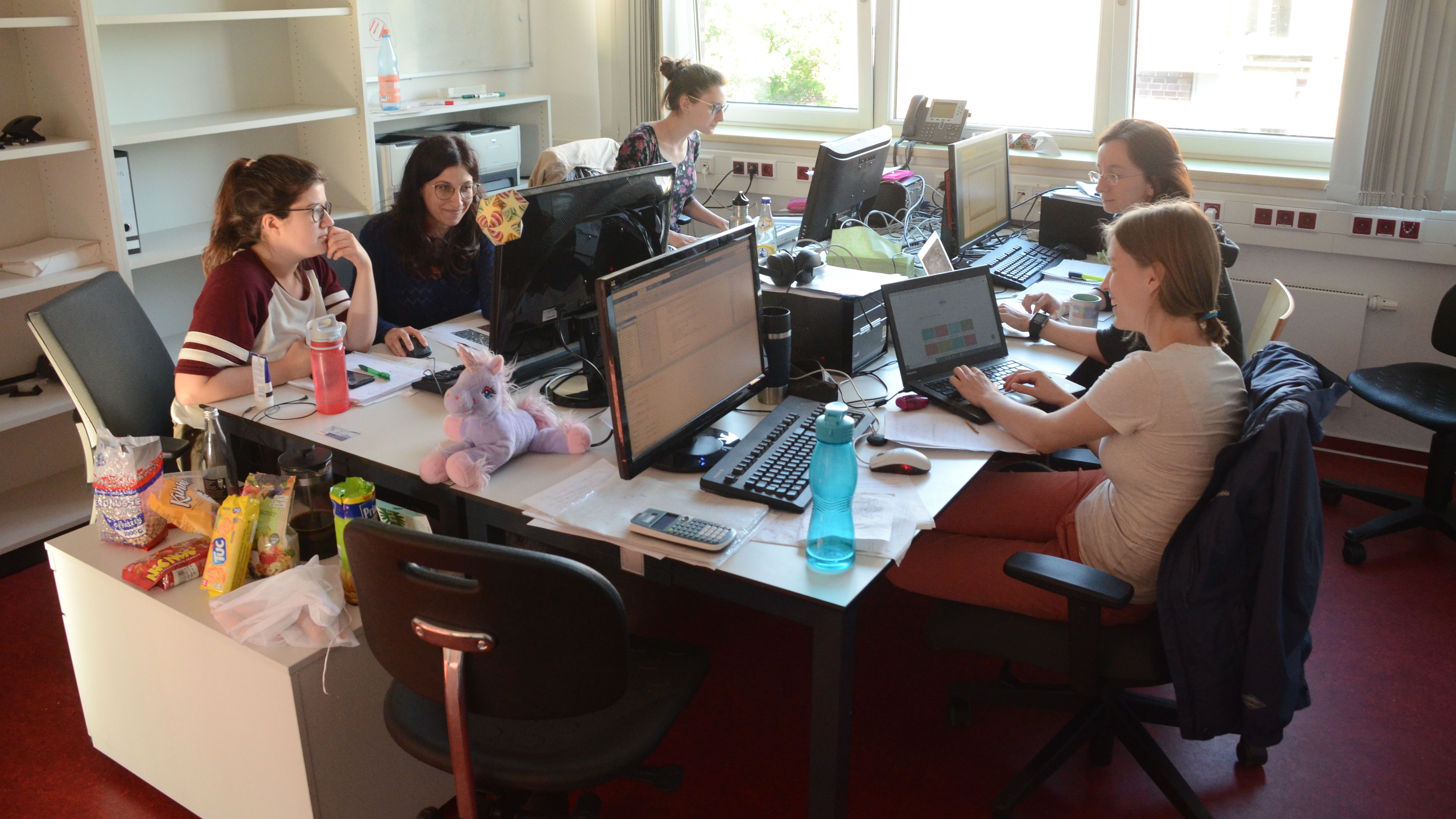
Third and Fourth Semester
The next higher stage of subject-related qualification and the further development of meta skills will follow in the third semester, where you start your individual Research Training during two seven-weekly lab-projects or by a hospitation in a clinic:
- MN-LAB1
- MN-LAB2
Besides the departments and faculties directly involved in the teaching programme, lab projects can also be performed at selected institutes in Germany or abroad. These courses particularly aim at the consolidation and application of advanced theoretical and practical knowledge and training abilities in the field of experimental design, theoretical analysis, and scientific communication.
At this stage you are prepared to accomplish your Master's thesis in the fourth semester (within six months) either in one of the departments of the lecturers or at various institutes or companies in Germany or abroad.
In the course of the fourth semester, complementary skills will be brought to flower during a Mind Conference at the Hanse-Wissenschaftskolleg Delmenhorst or in Bremen – show your latest scientific results as a poster or in a talk, get into contact with Alumni, discuss your career options with PI's from different departments and get into contact with partners from the industry.
In the 4th semester, a master's thesis is written in one of the participating departments or abroad.
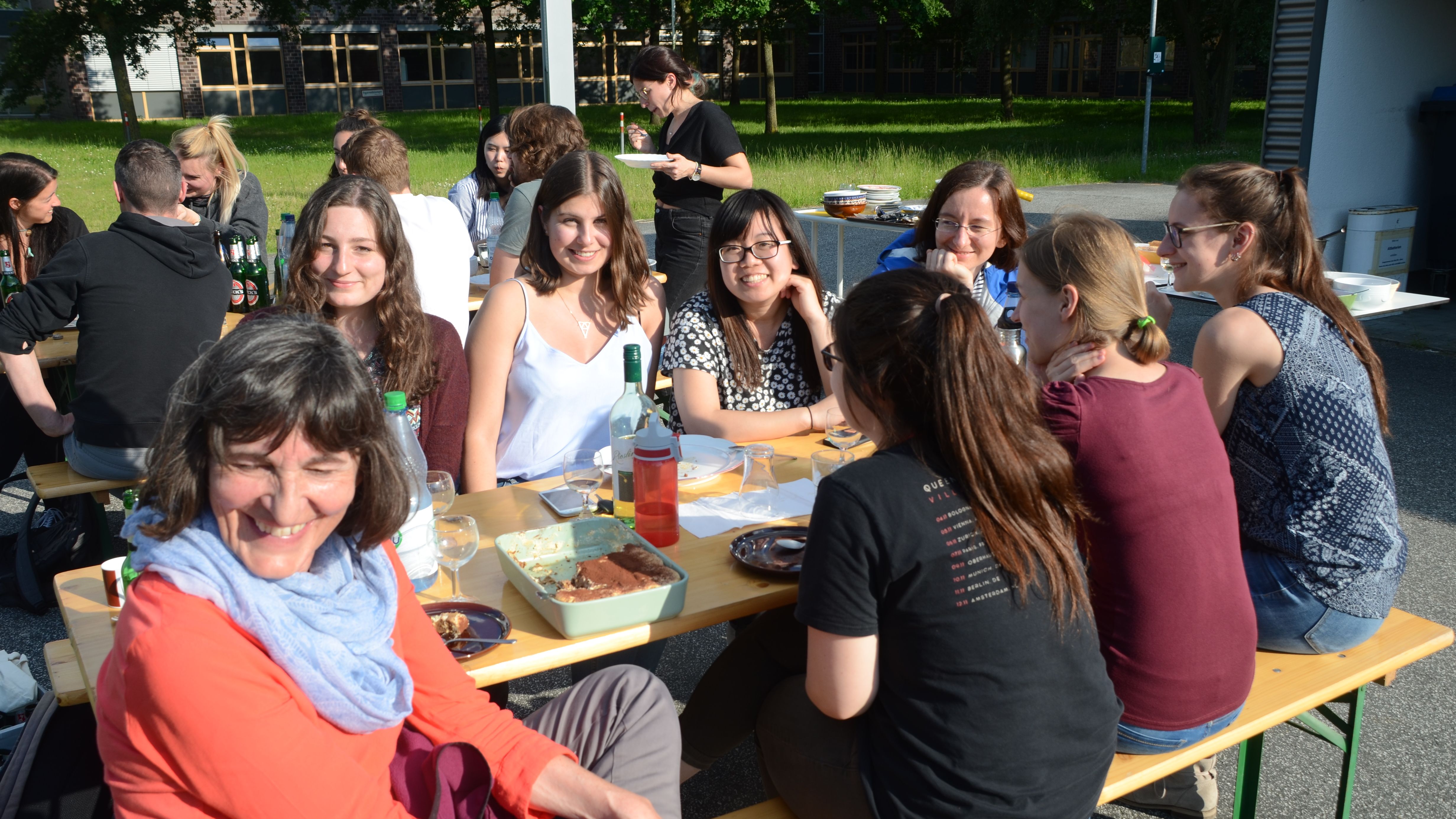
Who is who
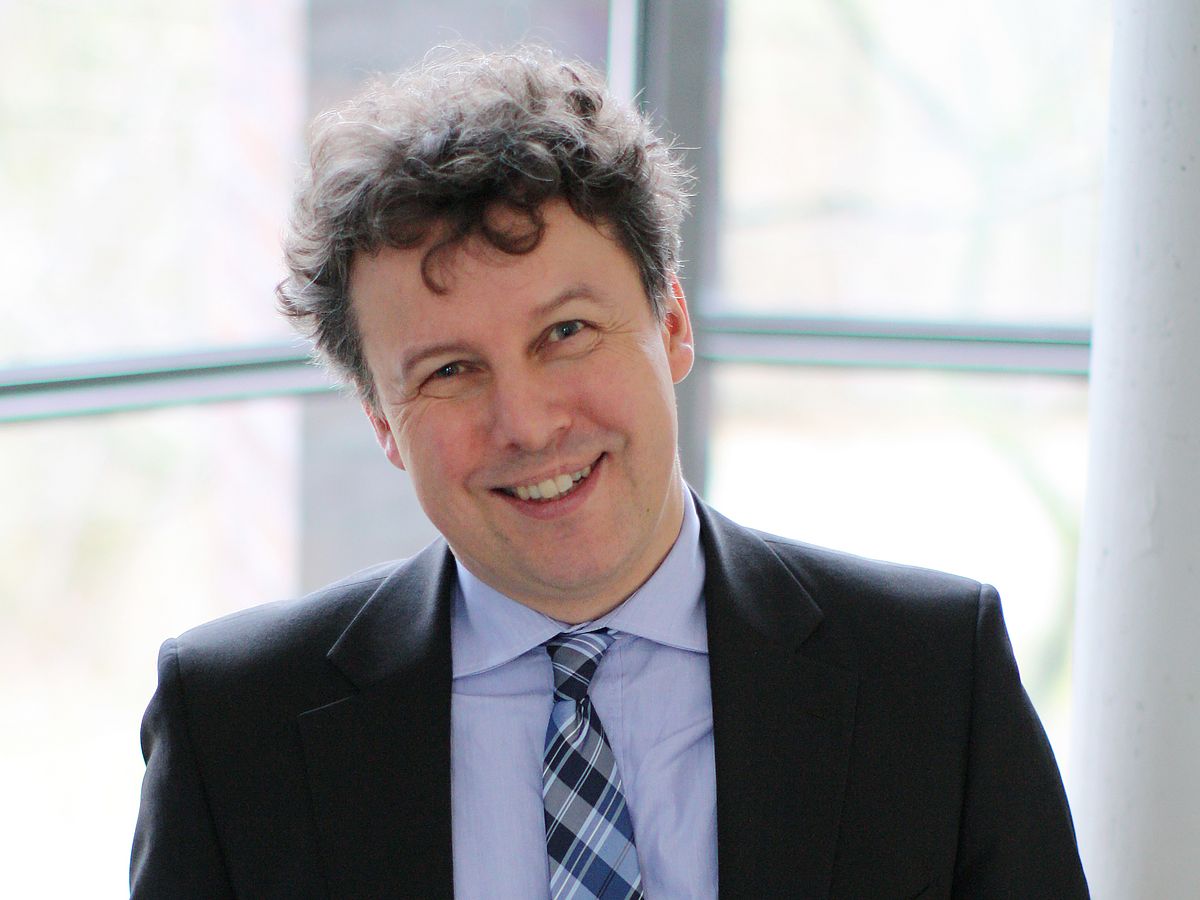
Welcome to our cutting-edge Computer Architecture Working Group (AGRA), where we're on a mission to solve the most challenging problems in the field!
Our team of talented researchers is passionate about hardware synthesis, testing, and verification, high-level synthesis, RISC-V, and system-level verification methodologies. We're always pushing the boundaries of what's possible, exploring emerging technologies like in-memory computing, approximate computing, and quantum computing. Our work delves into complex topics like polynomial verification, hardware trojans, binary decision diagrams, and hardware/software codesign, and we're developing innovative solutions that are changing the face of the industry. With expertise in formal verification and machine learning for testing and verification, our novel methodologies are rock-solid and reliable. Join us on our journey to revolutionize computer architecture and shape the future of technology!
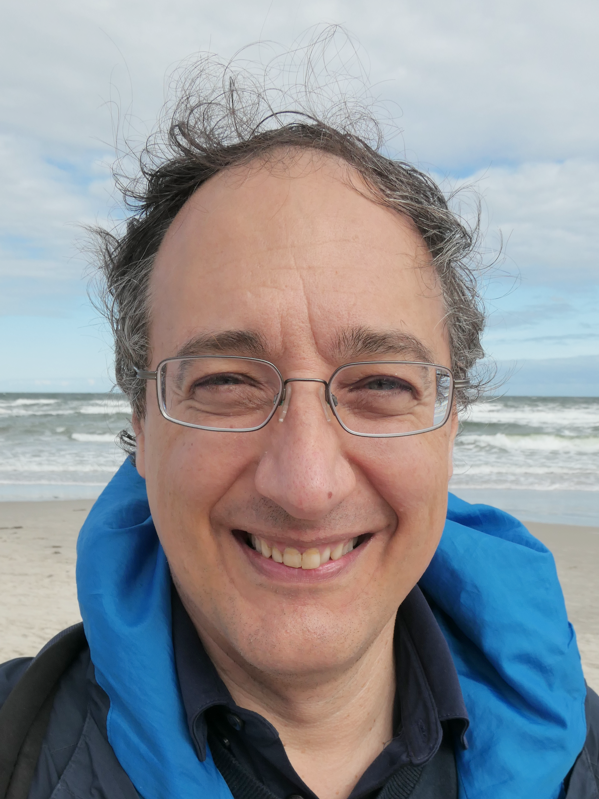
Udo Ernst performs research in Computational Neuroscience with particular focus on understanding nonlinear dynamics and flexible information processing in the visual system. He uses methods from Theoretical Physics to investigate and analyze collective phenomena in neural systems (synchronization, pattern formation, criticality). Numerical simulations of complex networks are complemented by innovative data analyses for closely linking theories of brain function to experimental findings.
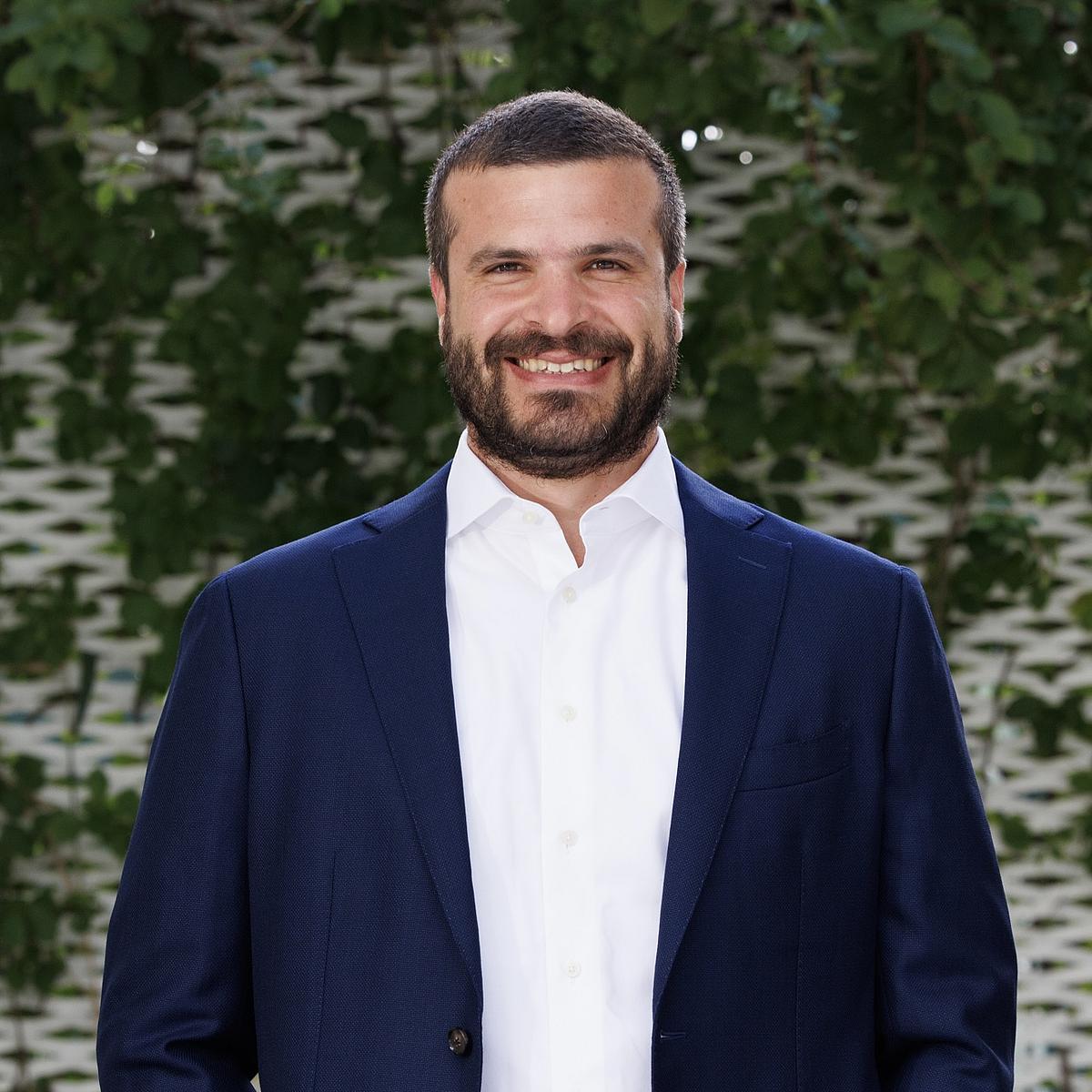
Our research in the Hassan lab aims to understand brain mechanisms such as cellular and circuit activity patterns that underlie memory-based adaptive behavior. To this end, we apply tools that include modern optical recordings (for example calcium and voltage imaging in the behaving mouse) from neural cells and systems, behavioral analysis, and machine learning. A second aim is to use the results of this research for new insights into neuropsychiatric and neurodevelopmental disease processes.
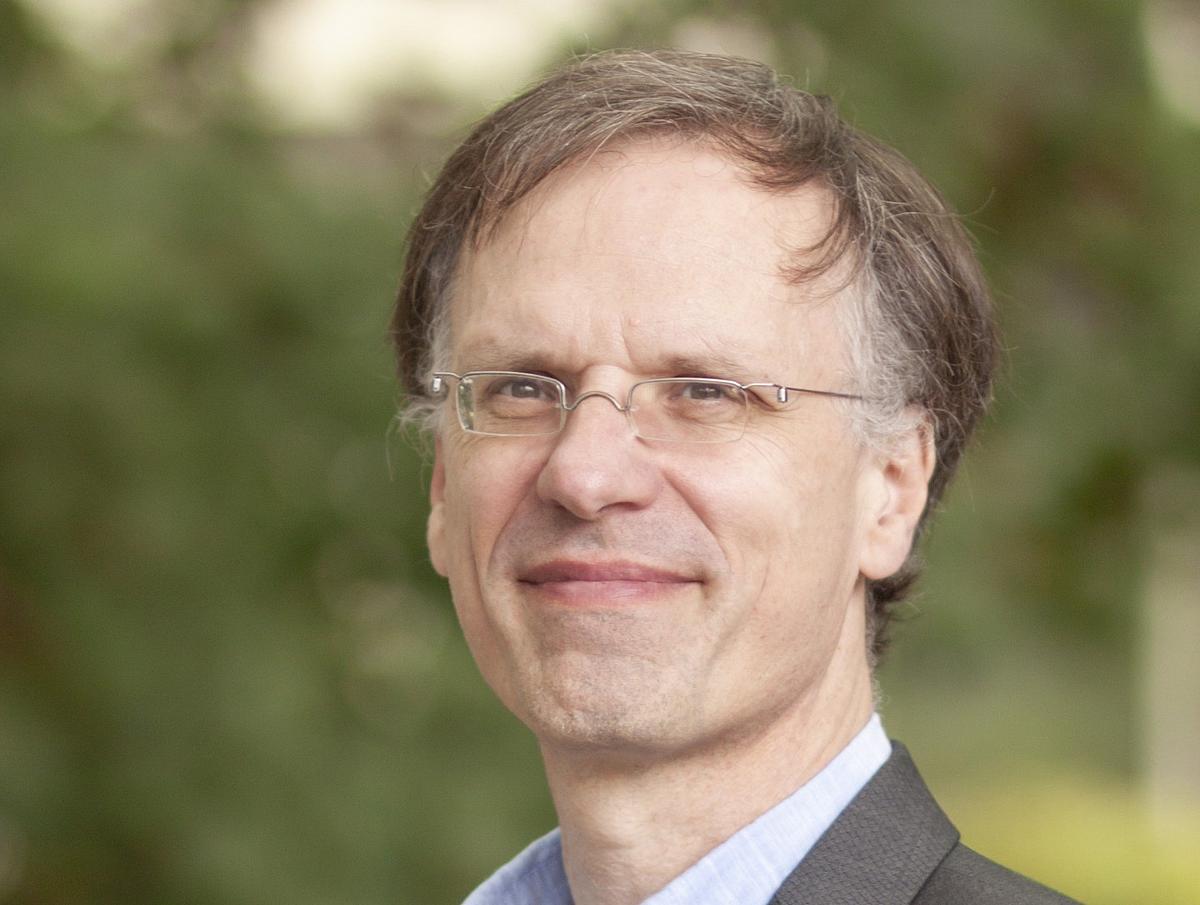
Matthias Günther is physicist at the Fraunhofer-Institute for Digital Medicine MEVIS and professor for MR-physics and -spectroscopy at the Faculty 1 (Physics/Electro-Engineering) of the University of Bremen. His main research focus is on physical background of medical imaging in general and development of new imaging techniques in magnetic resonance imaging and ultrasound imaging in particular. He has a strong interest in assessing physiological processes in the human body to probe state and function of inner organs without the need for extraneous contrast agents.
https://www.mevis.fraunhofer.de/en/research-and-technologies/imaging-physics.html

Chandan Kumar Jha is a Postdoctoral Researcher in the Group of Computer Architecture (AGRA). His research broadly encompasses the design, automation, and verification of VLSI systems. I am working on developing efficient CAD methods for emerging technologies. This includes automated methods for synthesis, formal verification, and the development of benchmark circuits for emerging technologies. He is also working on memristor-based circuits and approximate computing. For more details please see the group website: https://agra.informatik.uni-bremen.de/
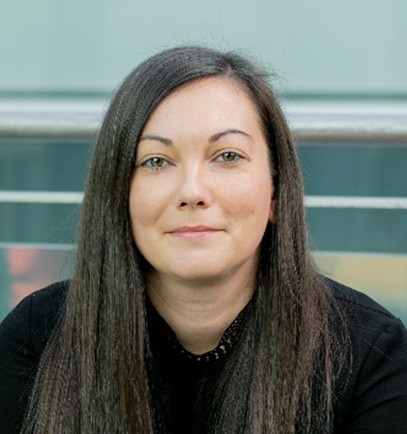
As an auditory neuroscientist, I’m fascinated by how the brain makes sense of sound — from simple tones to the complexity of speech and music. My research has ranged from studying everyday listeners to working with rare recordings taken directly from the brains of consenting neurosurgical patients, giving unique insights into how we perceive and predict sounds. In teaching, I aim to bring these experiences into the classroom, helping students see how neuroscience research connects with real-world questions about hearing, speech, and communication.
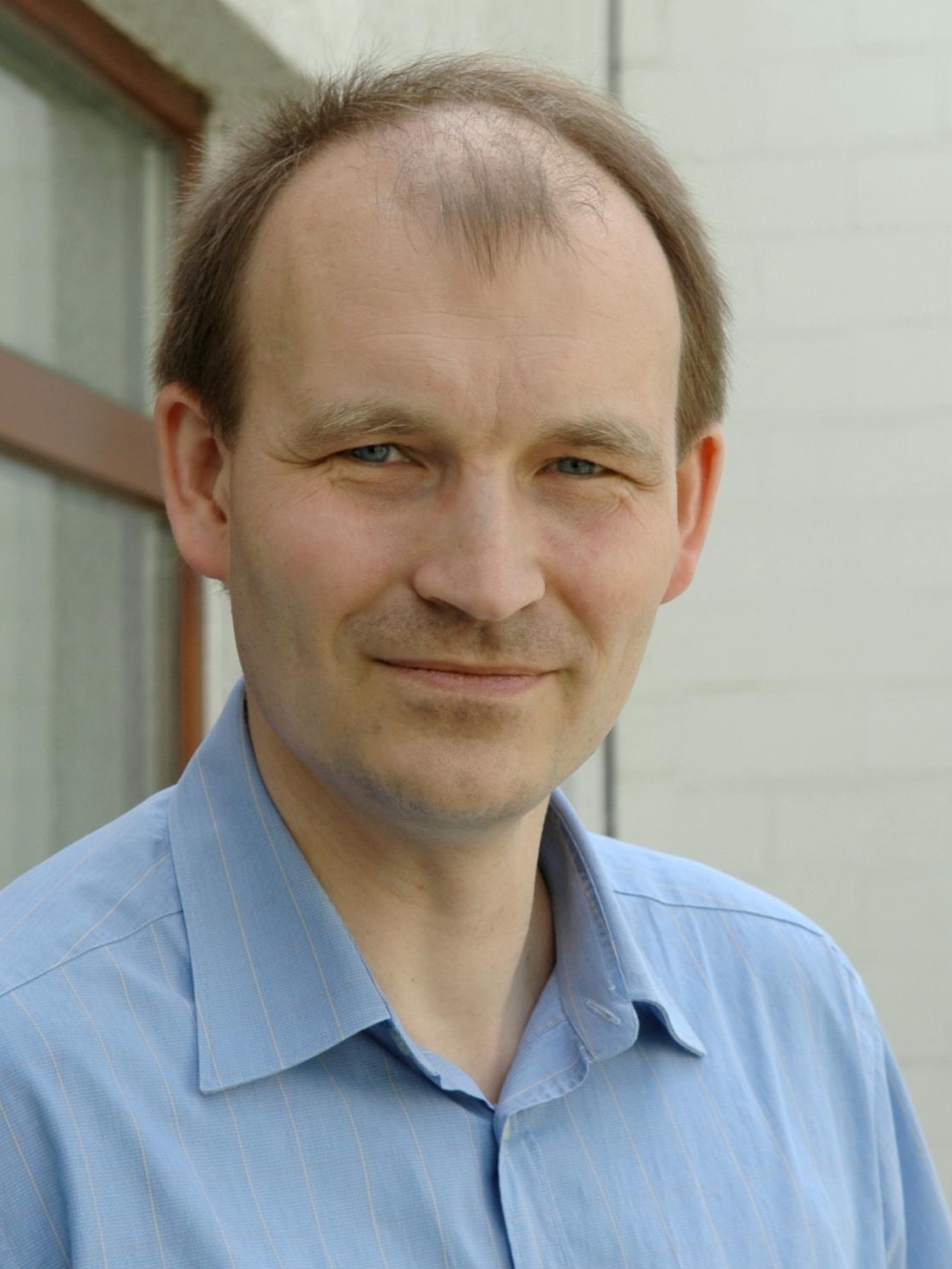
„The Kreiter lab studies information processing by networks of neurons in the primate brain that implement cognitive functions like visual perception and selective attention. A particular focus is on mechanisms based on neuronal synchronization and oscillations for dynamic information routing and network configuration. For this research, we use (and develop) advanced methods for measuring and influencing the activity of individual or small groups of neurons in the brains of animals performing cognitive tasks.”
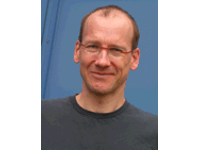
The in-vivo-MR group organizes and serves fMRI-measurements in the context of neuroscientific research and education on the 3T human whole body scanner (Siemens VidaFit). Furthermore, methodological developments for research projects in the area of biological and material sciences are carried out on a 7T MRI system (Bruker BioSpec 7/20 USR)
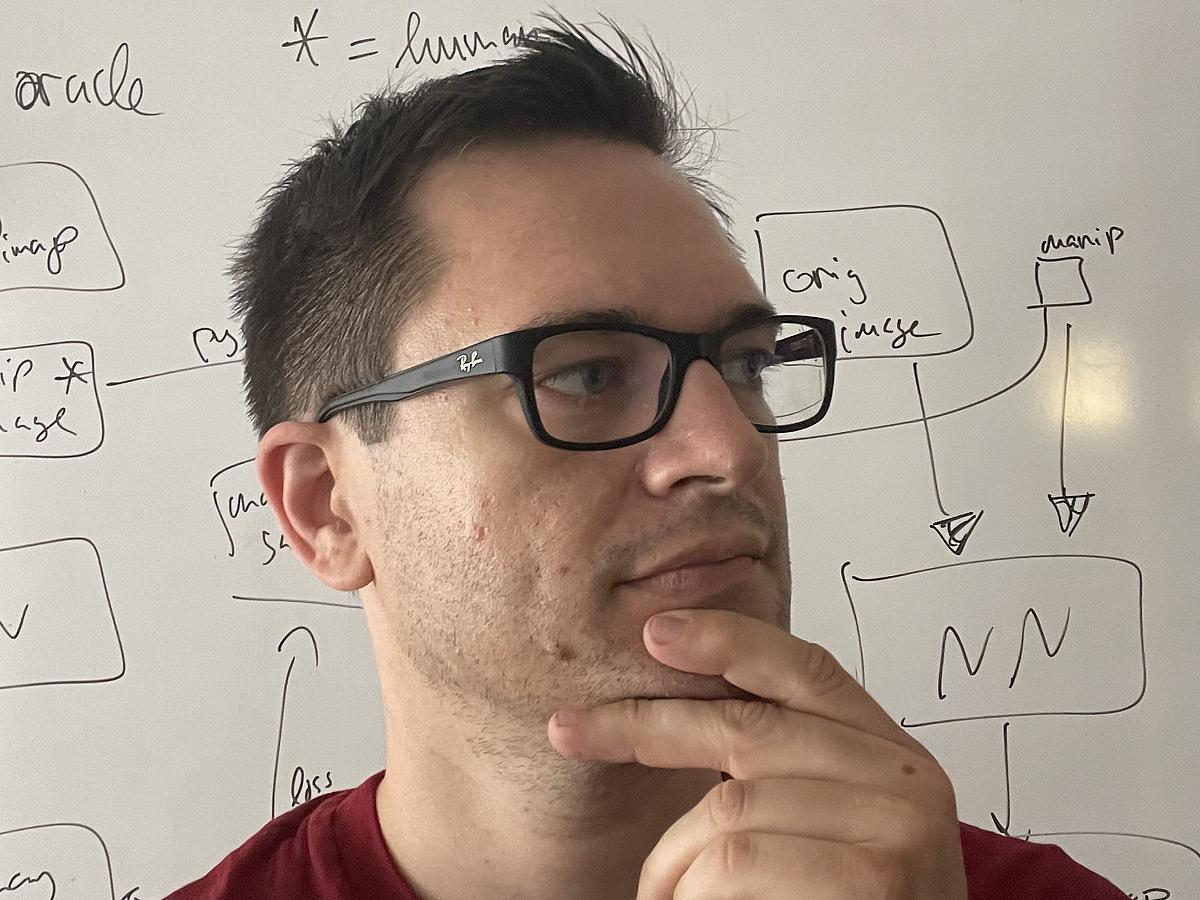
Dr. Putze’s research interests lie in leveraging neural signals (especially EEG, but also peripheral signals) in real-time for the automatic assessment of cognitive states and processes through Brain-Computer Interfaces. In such investigations, methods for signal processing and machine learning that can deal with real-world noise play a central role.
https://www.uni-bremen.de/csl/institut/team/mitarbeiter/dr-felix-putze
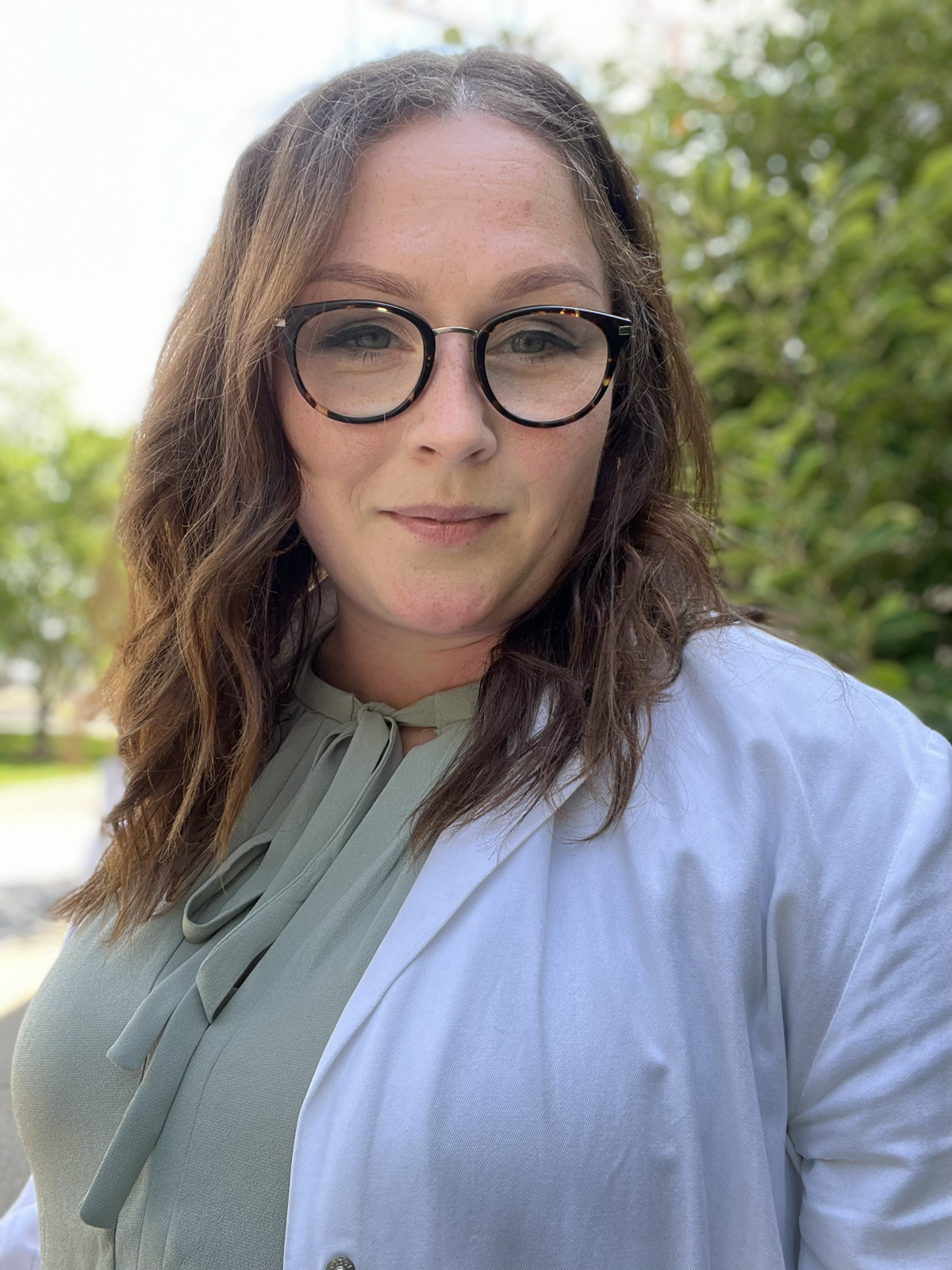
The Rogalla lab is interested in how the brain makes sense of sound and how auditory perception shapes behavior. The research focuses on the auditory midbrain and brainstem, where we use advanced optogenetic techniques to investigate how neural circuits process sound. By combining questions about perception and behavior with cutting-edge methods, we aim to better understand the consequences of hearing loss and to explore options for rehabilitation. A central goal is to establish optogenetics as a novel type of hearing prosthesis, offering new perspectives for restoring hearing function and inspiring innovative approaches to treat hearing loss.
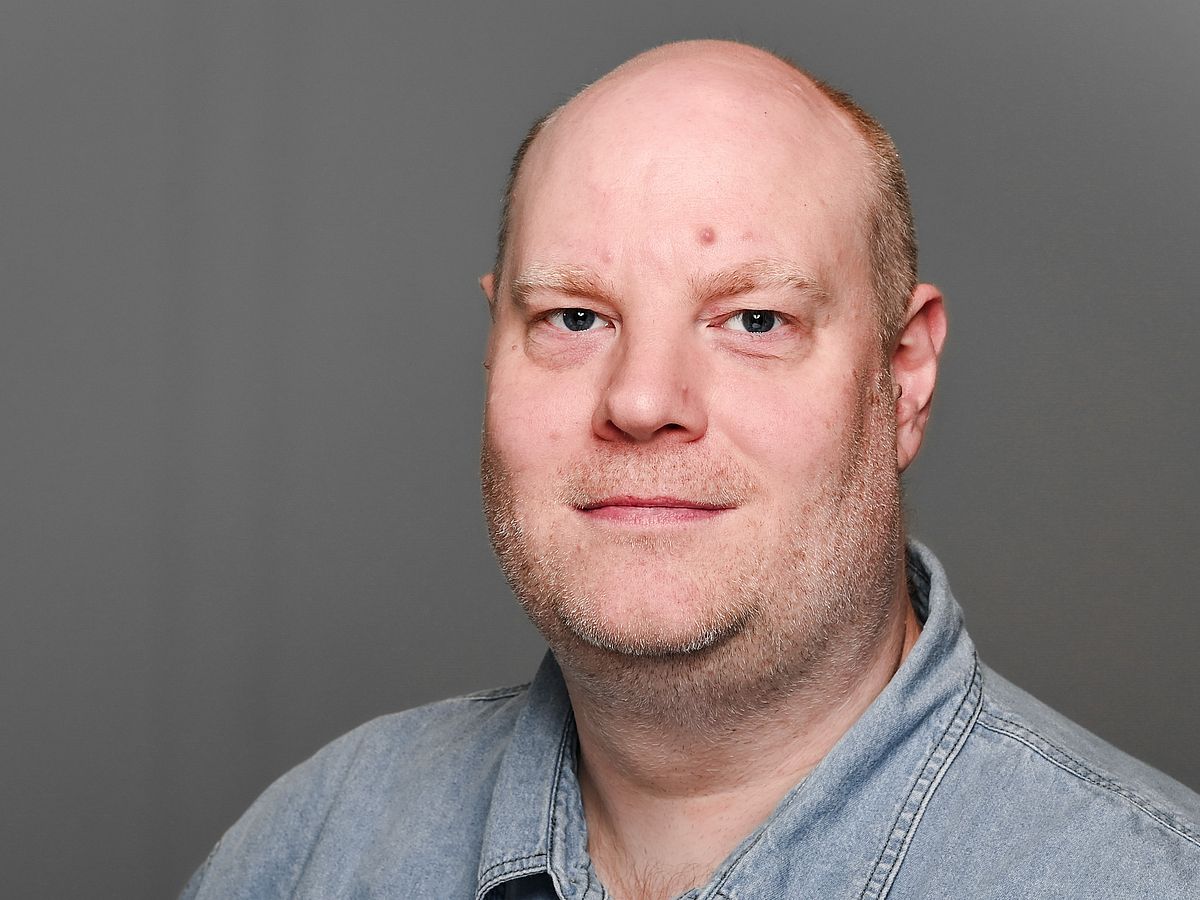
David Rotermund covers the technology side of neuroscience (with a focus on the visual system), such as invasive bidirectional BCIs for cortical neuroprostheses (neuroimplant design: hardware including circuit and PCB design, firmware e.g. in VHDL for FPGAs and software in Python, Matlab and C++). A second emphasis is on fundamental mechanisms of the brain, such as information processing (spiking neural networks & machine learning) and data mining of electrophysiological data, including the development of new data analysis tools and the necessary high performance massively parallel computing.
www.neuro.uni-bremen.de, www.neurotec.uni-bremen.de, www.isee.uni-bremen.de
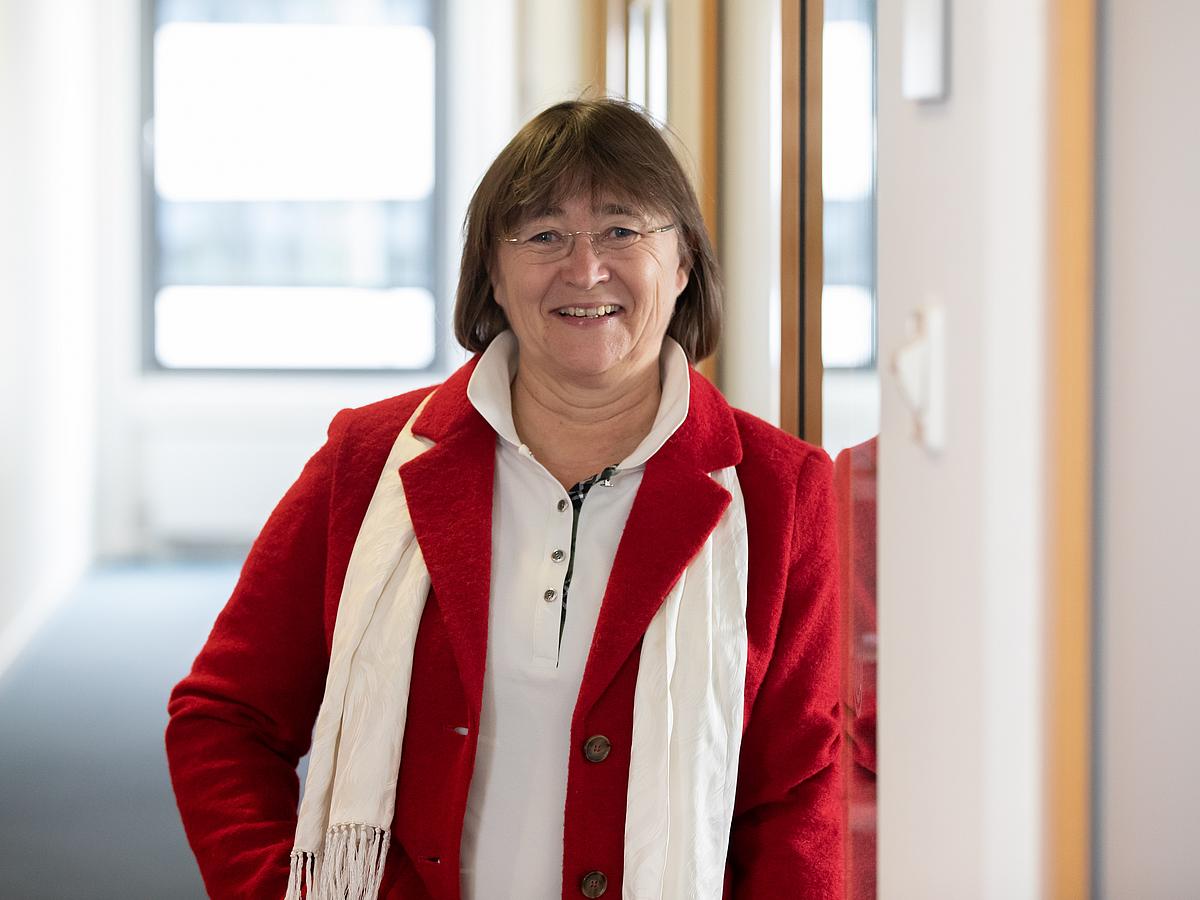
"My research and teaching focuses on real-time interpretation of biosignals to adapt technical cognitive systems to user needs. For this purpose I drive with my team at the Cognitive Systems Lab (CSL) the development of AI methods and models, of databases covering speech, motion, muscle and brain activities, and the integration of algorithms, models and findings into prototypes that we evaluated in the lab and in the field."
For more information on CSL https://csl.uni-bremen.de
and my person https://www.uni-bremen.de/csl/institut/direktorin
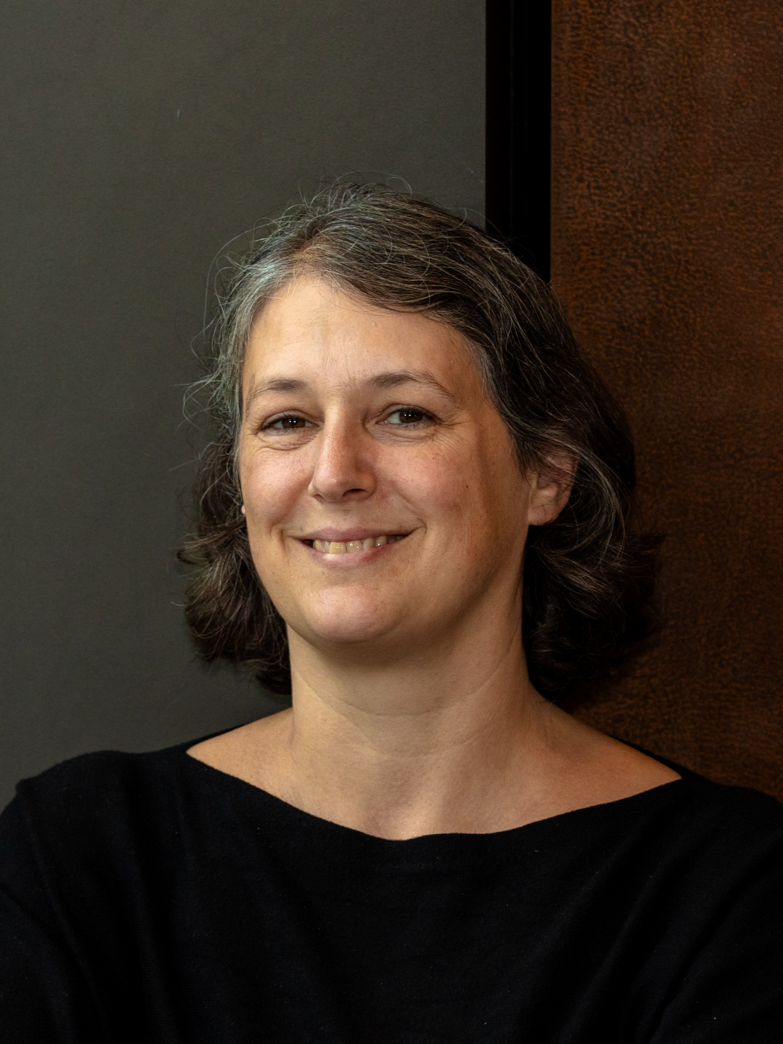
The Veit lab studies information processing in the visual system of mice. We use high-density extracellular electrophysiology with Neuropixels probes in combination with optogenetic manipulations of specific cell types to understand
- The role of specific cells - particularly GABAergic, inhibitory interneurons - in neuronal coding
- The mechanisms underlying the coordination of distant sites and areas during sensory processing
- The influence of brain- and behavioral state on cortical information processing
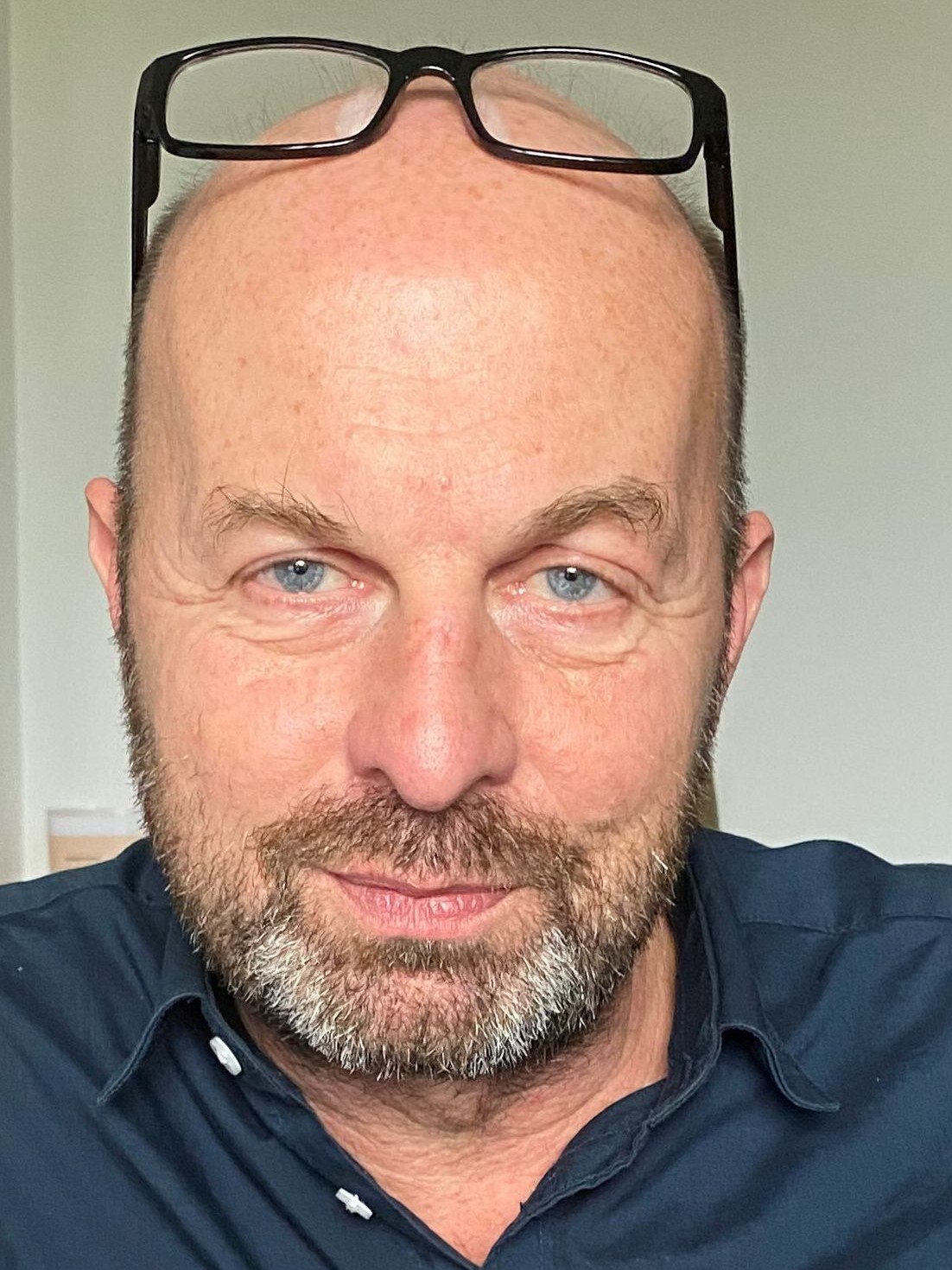
I am interested in the active shaping of visual perception by cognitive processes and their underlying neuronal mechanisms. My lab uses a variety of neurophysiological tools - from acute, single intraparenchymal electrodes to chronic, epidural ECoG arrays for recording neuronal activity at different spatial scales in both monkey and rodents.
Examination and Admission Board
Chairperson: Prof. Julia Veit (Dr. Udo Ernst)
(Deputies in brackets)
- Professors: Prof. Dr. Sami Hassan (Prof. Dr. Andreas Kreiter)
- Scientific Staff: Dr. Detlef Wegener (Dr. Udo Ernst, Dr. Felix Putze)
- Students
- Examination Board: Marina Schmidt (Moritz Schäfer)
- Admission Board: Eva Mohsenzadeh (Anita Dymov)



